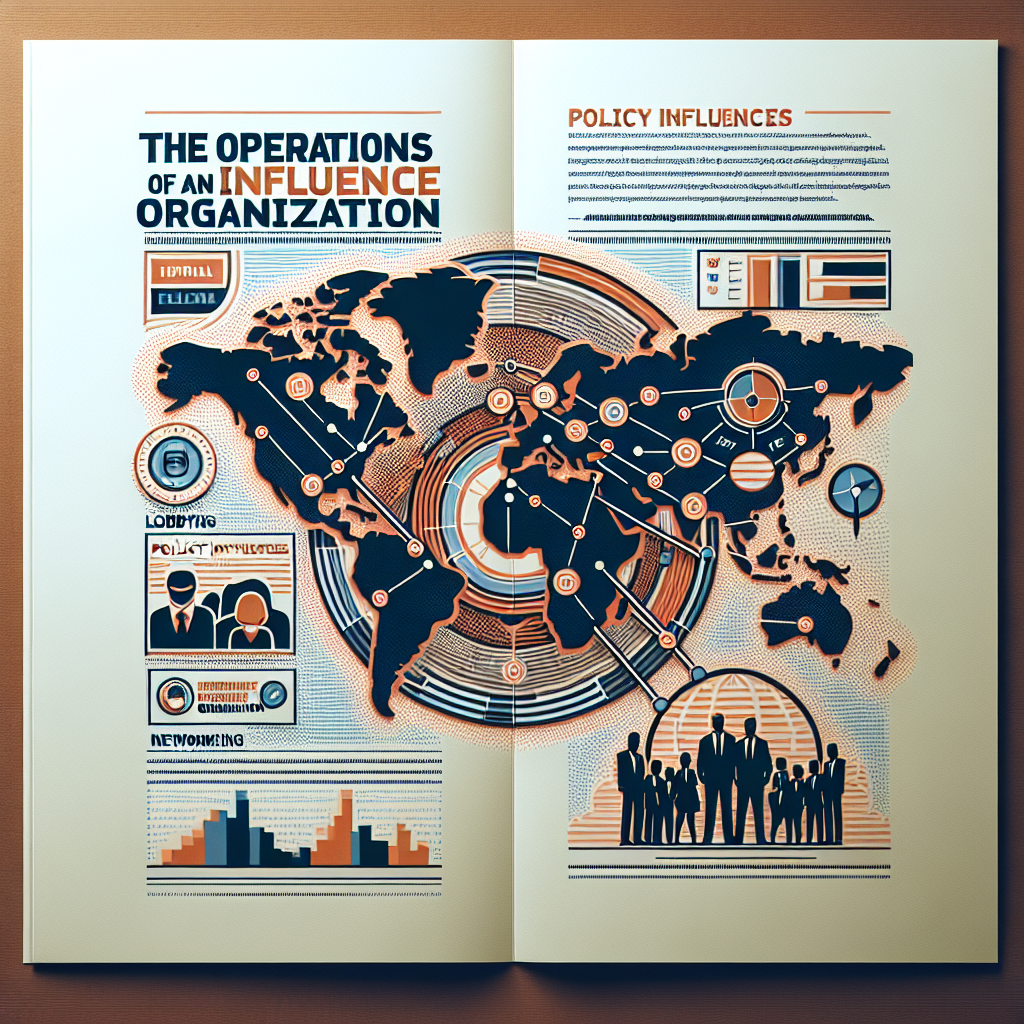In a recent interview with Tucker Carlson, Representative Thomas Massie of Kentucky delved into the influence of the American Israel Public Affairs Committee (AIPAC) in American politics. Massie describes AIPAC as a lobbying group that began as an effort to advocate for Israel but has since developed a considerable political action committee (PAC) that wields significant power. He reflects on his experiences as a Republican congressman, noting that many representatives in Congress feel pressured to align with AIPAC’s interests, sometimes at the cost of their own principles. The idea that AIPAC operates not through grassroots support in places like Kentucky, but rather through top-down influence is a theme Massie emphasizes, indicating that even non-Jewish constituents often feel compelled to support AIPAC’s agenda.
Massie acknowledges the financial and political repercussions of going against AIPAC’s directives. He points out that they aimed to undermine him in the political arena with negative ads and advocacy campaigns designed to characterize him unfavorably. Despite having libertarian principles that oppose foreign aid, Massie finds himself at odds with AIPAC’s agenda, which he claims promotes military dependence on U.S. support for Israel. He is critical of the perception of AIPAC as a benevolent lobbying group, arguing that it functions similarly to military industrial complexes that prioritize profits over nuanced diplomatic relations. The $3.8 billion that Israel purportedly receives from the U.S. is merely the tip of the iceberg, as that funding only channels resources to American military contractors.
Citing the disconnect between AIPAC’s hardline stance on military engagements, particularly regarding conflicts with Iran, Massie expresses concern that their advocacy often diverges from what many Israelis might actually want. Noting that there are voices within Israel advocating for peace rather than war, Massie argues that AIPAC’s push for aggressive military policies contributes to escalating tensions. Throughout the conversation, it becomes evident that the congressman feels an obligation to stand up against what he perceives as a lobbying group that disregards the interests of the broader U.S. populace in favor of an aggressive foreign policy agenda.
Moreover, Massie highlights the covert nature of AIPAC’s influence within Congress, revealing a network of what he calls “AIPAC people” who act as intermediaries between representatives and the committee. He points out that many Congress members rely on these AIPAC-affiliated constituents for advice on aligning their votes with the interests of AIPAC, demonstrating how embedded the organization is within the fabric of political decision-making. This closeness between Congress and AIPAC is troubling for Massie, who suggests that it undermines the representation of American citizens, especially when these relationships are kept out of public discourse. He notes that unlike other countries, AIPAC is unique in its ability to establish these personal connections with U.S. lawmakers.
Massie’s lack of involvement with AIPAC illustrates his deviations from the political norm as he has not participated in the trips that AIPAC sponsors for Congress members to visit Israel, reflecting his reluctance to be swayed by the lobbying group. The narrative he shares reveals a systemic issue where loyalties and agendas can become entangled, leading to decisions that may not serve the interests of constituents. This kind of dependency raises ethical concerns, as it suggests a prioritization of foreign interests over local concerns, which Massie openly challenges.
In conclusion, the discussion between Tucker Carlson and Rep. Thomas Massie paints a vivid picture of the complexities of lobbying in American politics, specifically regarding AIPAC’s influence over Congressional decisions. Massie’s candidness about his experiences reveals a significant schism within Republican circles regarding foreign policy, especially concerning Israel. His libertarian principles compel him to vote against foreign aid and to question the motives behind military support to Israel. Ultimately, Massie’s approach advocates for a more transparent and principled legislative process, one that genuinely reflects the interests of the American public rather than succumbing to the pressures of powerful lobbying groups like AIPAC.

